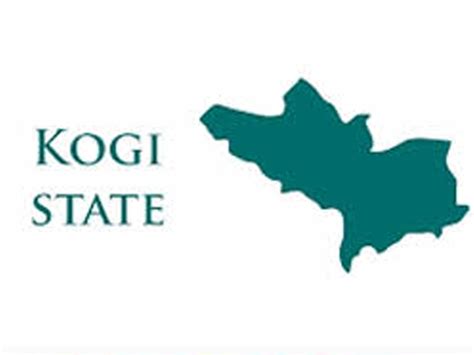
Gunmen Kidnap Six Federal Defence Directors on Kogi Highway
Kabba, Kogi State – 14 November 2025
Six senior directors from the Ministry of Defence of Nigeria were abducted this week while travelling to Abuja, in a brazen attack that has underscored the country’s deepening security crisis.
The incident took place on the Kabba-Lokoja highway, where the officials were intercepted by gunmen and taken away, their whereabouts remaining unknown.
According to a statement by the Association of Senior Civil Servants of Nigeria (ASCSN) issued by its president, Shehu Mohammed, and secretary-general, Joshua Apebo, the abducted officers are:
- Mrs. Ngozi Ibeziakor
- Mrs. C.A. Emeribe
- Mrs. C. Helen Ezeakor
- Mrs. C.A. Ladoye
- Mrs. J.A. Onwuzurike
- Mrs. Catherine O. Essien
The six women, who serve as directors within the federal civil service and staff at Command Day Secondary School (CDSS), Ojo, Lagos, were reportedly travelling from Lagos to Abuja when they were abducted by the gunmen.
Experts say this kidnapping highlights the rapidly deteriorating security situation in the centre of Nigeria, adding that the inability of the security agencies to guarantee safe transit for civil-service officials is deeply troubling.
In the ASCSN statement, the union warns that “the current security situation and deplorable road conditions expose workers to grave risks.”
Kidnappings for ransom or for leverage have become increasingly frequent across Nigeria, even though the country claims to have one of the strongest militaries in the region.
The federal government has been urged to act swiftly: to secure the safe return of the abductees, to investigate how such a bold operation could take place on a major highway, and to restore confidence among federal workers who now face heightened threat while on official duties.
The abduction arrives at a moment of heightened tension between Nigeria and the United States because of the failure of the Nigerian government to stem the ravaging insecurity despite receive massive help from especially the U.S. government.
Donald J. Trump had issued a stern warning via social media, saying that the US would “immediately stop all aid and assistance to Nigeria” and could possibly deploy military forces in Nigeria “guns-a-blazing” unless the government cracked down on the “mass killings of Christians” in the country.
He further stated: “I am hereby instructing our Department of War to prepare for possible action… If we attack, it will be fast, vicious, and sweet, just like the terrorist thugs attack our CHERISHED Christians!”
At the same time, US lawmakers, including Riley Moore and Ted Cruz-have backed stronger measures, urging the US government to consider targeted sanctions and even military intervention if Nigeria does not act, citing what they call “Christian mass murder” and characterising the situation as genocide.
The Nigerian government swiftly rejected the characterisation and threats, with Foreign Minister Yusuf Tuggar insisting that Christians are not the only victims of insecurity.
In this fraught context, the kidnapping of the defence-ministry directors sends a sharp signal: the very officials charged with national security are now vulnerable, heightening pressure on President Bola Ahmed Tinubu to demonstrate decisive action.
Security analysts warn that if the government fails to reverse the trend of high-profile abductions and attacks, both domestic stability and international partnerships may suffer significant strain.
The ministers and civil-service union have called on the government to secure the release of the abductees, launch a full investigation into the attack, and reinforce protections for officials travelling on duty. Meanwhile, US-Nigeria diplomatic relations remain at a tense juncture amid the convergence of domestic security failures and international admonitions.